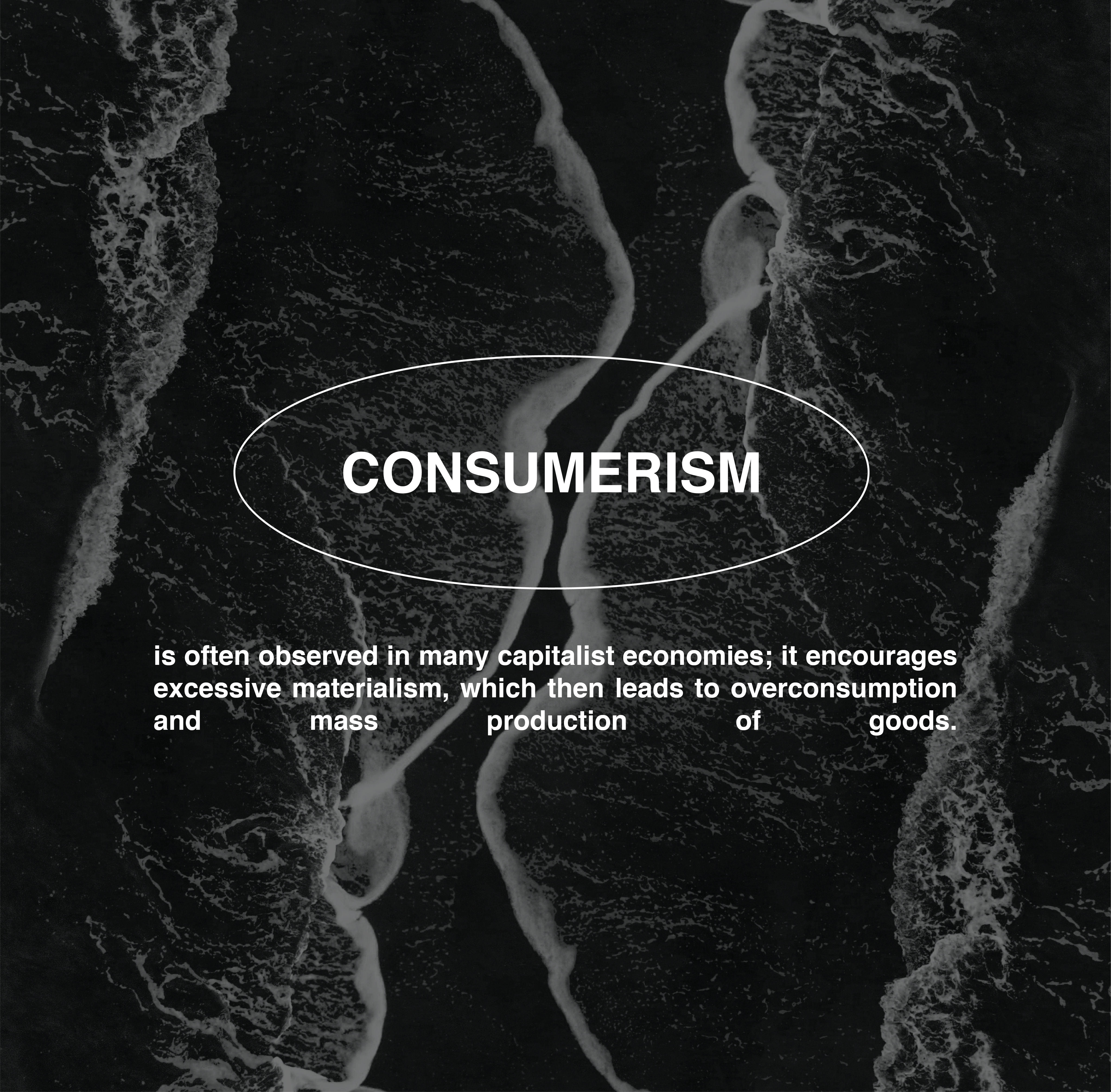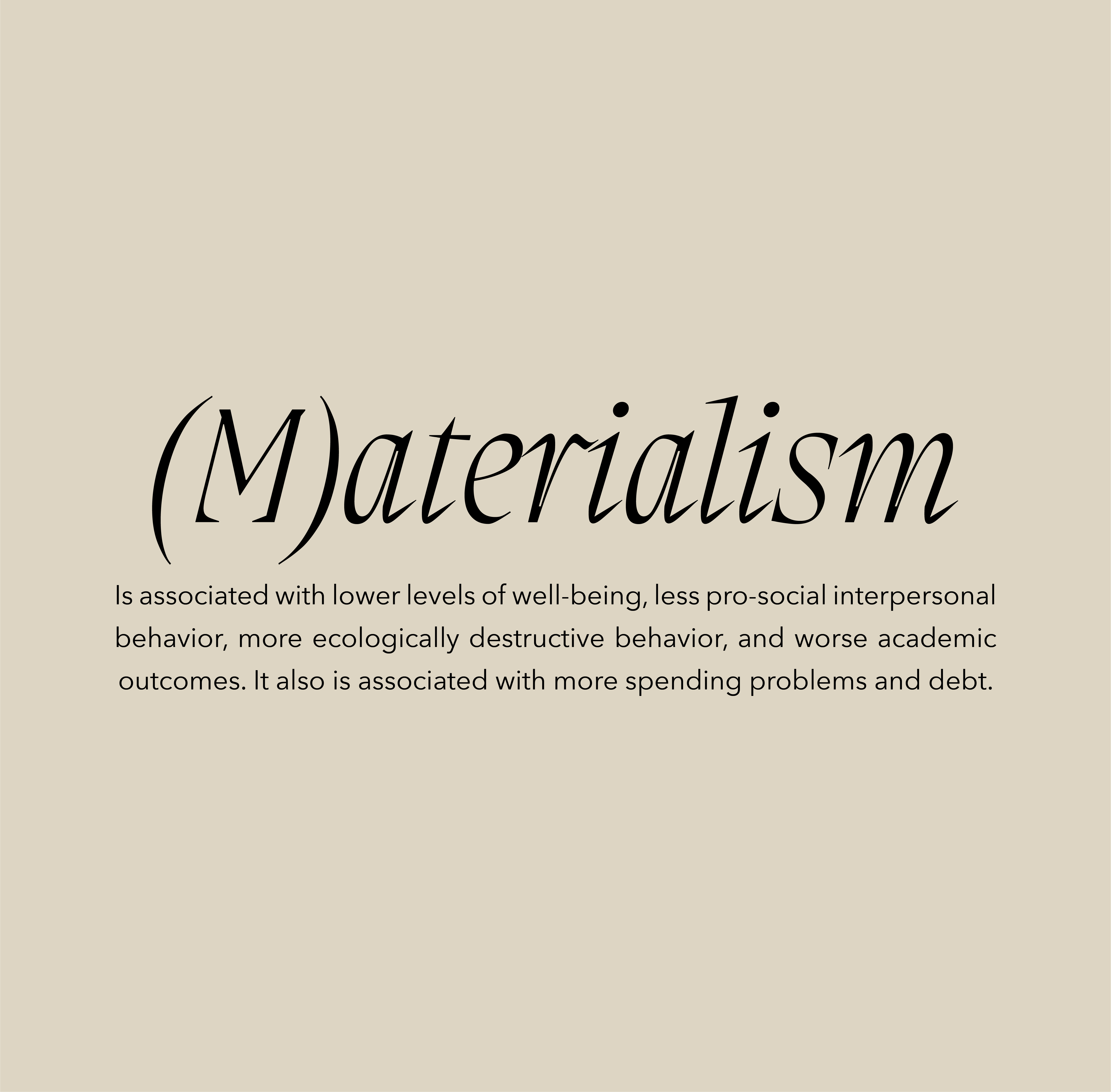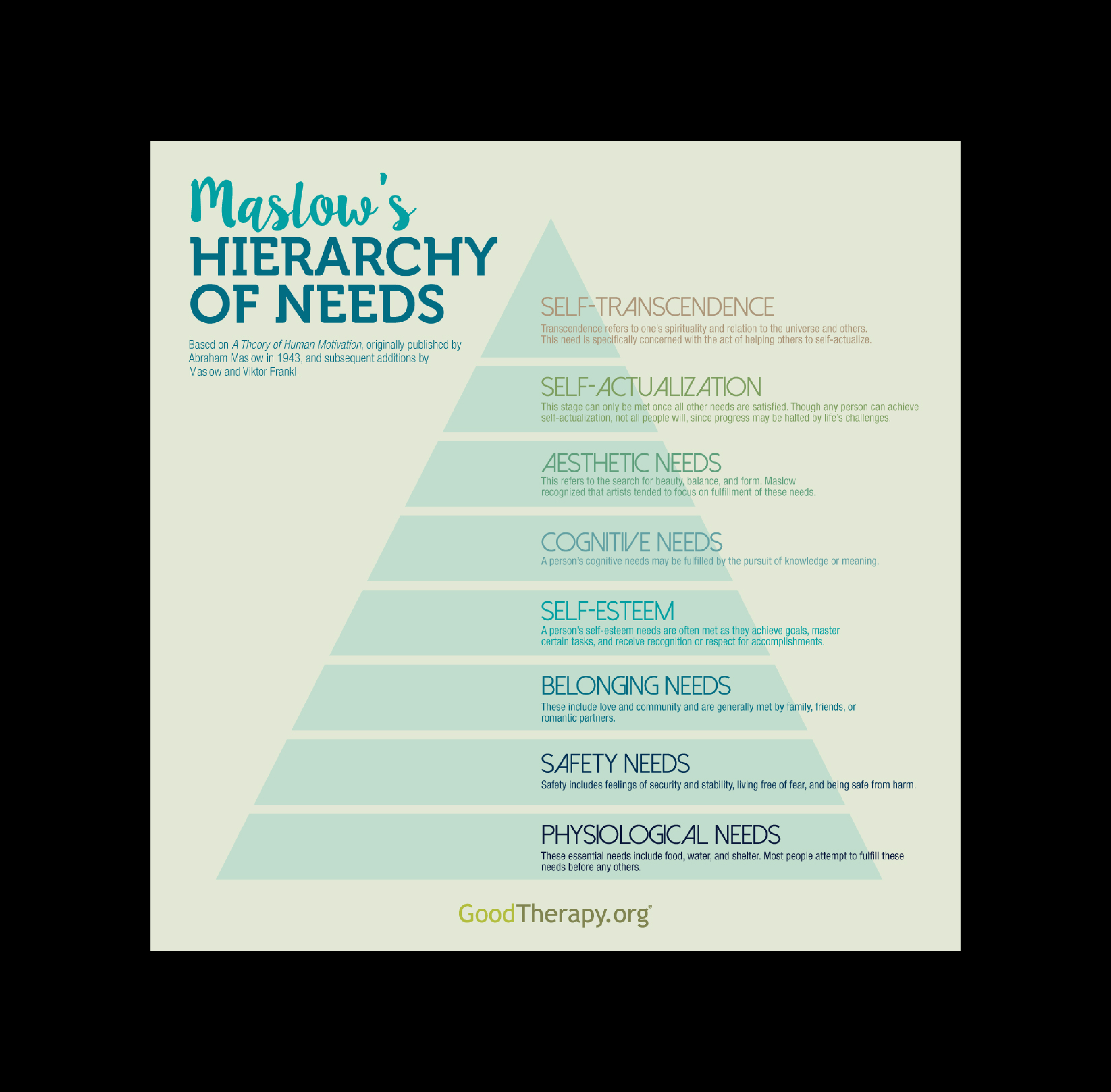Consumerism, Materialism and Mental Health

Let’s have a think about the consumer culture that exists in present society, worldwide. In order for the world to continue rotating, we rely on the rotation of the economy. In other words, the world needs to be productive so that consumer goods can be demanded, produced and purchased—a process that needs to be repeated to feed the cycle of our society, our life.
But if we’re moving too fast—meaning that demands start to increase, so does the rate of the production of goods and, consequently, benefiting from economies of scale—, there is a tendency to lose sight of more humane, mindful principles such as compassion, morale and ethics, which are all major contributors to one’s mental health. Losing sight of these very important psychological components at the expense of profit is always a questionable move, because then it reflects back to the nature and state of the society.
Today, big brands and businesses reap many benefits from the fast-paced movement of the economy—of producing and consuming goods. Fast fashion is a direct example of this, further giving in to trends and overconsumption. In a previous journal, 1 People has covered how the holiday season is guilty of encouraging such phenomena. What’s more is how overconsumption goes against hygge and the slow approach to living that it promotes, which can be read in a different journal.
Establishing the realisation that heavy consumerism strongly affects mental health and wellness and well-being in general is the first step to living life more mindfully, regardless of the state of the economy we live in. In the early 2000s, mental health was still deemed a social taboo. In contrast to today, we have progressed so far to have many change makers and activists speak up about their experiences on mental health across social media.
Consumerism and Materialism
First, let’s define the difference between consumerism and materialism, because these two concepts are strongly associated but have very different meanings. Consumerism is essentially the preoccupation of goods in society. Materialism, on the other hand, is one’s preoccupation with tangible items and physical comfort. These two concepts are closely related. Materialism is often seen as a characteristic in individuals, whereby those who seek material possessions for gratification may be seen as materialistic. As a materialistic individual, it might be the case that material possessions including cars, gadgets, clothes and accessories reflect the social status and wealth of the individual.
As a consequence to materialism, the tendency to purchase goods and services is higher, leading to consumerism. If materialism is seen at the personal level, consumerism might be seen from the collective level—it describes society as a whole.

The Effects of Consumerism and Materialism on Mental Health
Materialism and minimalist living don’t go hand in hand. Materialistic tendencies may result in many adverse psychological effects including hoarding, self-esteem issues and depression. Simply put, materialists lead unhappier lives. However, a new factor must be included in this observation in order to fully understand why, and that’s social media’s contribution to society. The rise of today’s existing comparison culture of beauty and riches is powered by social media, so it’s no surprise that social media could be the source of inspiration for these materialistic desires.
According to a Vox article that summarises a study by Tim Kasser, a Knox College psychologist, “[M]aterialism is associated with lower levels of well-being, less pro-social interpersonal behavior, more ecologically destructive behavior, and worse academic outcomes. It also is associated with more spending problems and debt…”
Negative outcomes from being a materialist may also lead to depression and anxiety. After all, it could all turn into a snowball effect if the problem persists and turns severe. But the problem of materialism arises from insecurity and/or the lack of self-esteem in the first place. The fear of being rejected by society could trigger a greater tendency to make purchases that are unwise and purely for social gratifications. In the long run, this is not a sustainable mindset to preach, as it will only cause greater anxiety which may lead to depression if not handled properly.
If we take a look at Maslow’s Hierarchy of Needs to evaluate the motivations of individuals in relation to their needs, we can have a better understanding of why certain characteristics are developed in a person. After all, out of the five main variables, food and clothing comprise of the main needs (i.e., physiological), which further link to love and belonging needs (i.e., friendship), as well as esteem.
The idea is to satisfy the lower level needs first before progressing on to meet higher level needs as illustrated on the pyramid above. Linking this back to materialism, we can start to picture why some people are motivated by materialistic desires for their own ‘growth’ and satisfaction.
The road to personal satisfaction is not always clear-cut, though. With life, there are fluctuations, as experienced by unexpected life situations. That is why we may fluctuate between levels of the hierarchy.
How to Cope with Mental Health
When we can’t keep up with the pace of society and the pressure that comes with it, we need to take a step back. In a previous journal, 1 People has covered some proven tips to combat anxieties resulting from the pandemic. As with the inconsistencies of life, our mental health may fluctuate from time to time and that’s completely normal. What’s important is how the matter is dealt with so that moving on from the gutter is done with greater clarity.
The anxiety and loneliness that comes from viewing social media too intensely can create a ‘fear of missing out’. As such, when social media posts around materialism and consumerism are consumed too frequently, it may subconsciously inspire the desire to shop and achieve the same level of gratification. Moreover, inconsistent thoughts with the self frequently become stressors, creating cognitive dissonance in the mind. Cognitive dissonance is a social psychology term used to describe mental discomfort resulting from holding two conflicting beliefs, values, or attitudes. This conflict, which comes from the inability to be consistent in attitude and actions or behaviours, can then create feelings of unease or discomfort.
In those cases, practicing meditation can have powerful positive effects on both the mind and body. Furthermore, it reduces stress and anxiety, lowering heart rate and improves circulation and boosts wellness.
Practicing daily routines that are physically beneficial may also inspire a healthier mind. For instance, the case of exercising regularly and becoming more present will be helpful. Other simple tips that are often overlooked can also be practiced, which includes radical acceptance, deep breathing, opposite-to-emotion thinking, emotional awareness, and staying attuned to your five senses.
Radical acceptance is about, “completely and totally accepting something from the depths of your soul, with your heart and your mind.” Sometimes, we just need to face the fact that our thoughts and actions are inconsistent, or that change is inevitable. Keep your attitude and behaviours in check and stop fighting the urge to resist.
Deep breathing is a great method to calm your anxiety. The method works with a certain rhythm in mind—breathe in for five seconds, hold the breath for three seconds, and, finally, breathe out for seven seconds. Your heart will pick up on this signal and slow its pace to help you to relax better.
Opposite-to-emotion thinking is an interesting method where you go against how your emotions tell you to act. Does your emotion tell you to stay home and isolate because you’re feeling upset? Do the opposite instead and surround yourself with others to get some new perspectives.
Emotional awareness addresses any feelings of denial. In order to achieve this, you need to recognise your own feelings first and let your body feel it for a few minutes. Be in touch with your emotions, but know when to calm yourself down. Accept that you’re feeling a certain way by not fighting it. Acceptance is easier said than done, but it’s the key to being honest with yourself and letting go of any inconsistencies in the mind.
Using the five senses—sight, sound, touch, smell and taste—to observe your surrounding is also a good coping mechanism to place yourself better in that exact moment. Instead of placing the focus in one specific object, you utilise the five senses to ground you through it. Take a walk in nature and exercise using the five senses.
Today, we live in a world that is fueled by consumerism. We have to accept the reality and do our best to remain intact with ourselves and our beliefs in order to keep persevering and make progress. The good news is that we are increasingly seeing progress in social activism, by making mental health a topic that can be discussed in a productive and encouraging environment.
Much Love,
1 People













